DSP- Digital Signal Processing can provide the medium for executing any mathematical and numerical processes on time-altering signals. It can execute any digital approaches on the intended signals (signals like acoustic, electric, magnetic, and optical) irrespective of the hardware and software that are being utilized. The DSP is the one of the field that is able to offer wider range of scope for the electronics course students whenever they have to do their projects. In this write-up, we are going to walk through those electronics course students with the top 7 project on DSP core. This listing of the top 7 project on DSP core will be able to ensure that the ECE course student well-verse every required skillset/ concept needed for the successful project implementation.
Walking through the Top 7 Project on DSP Core for the ECE student to well-verse every required skillset/ concept
1. A Low-Power and High-Accuracy Approximate Multiplier With Reconfigurable Truncation
As the multipliers can serve numerous critical arithmetic operation units from the perspective of several application, operating those multipliers with raised level of accuracy has become a necessity.
With the accomplishment of dynamical Truncation, the prospects of approximating multipliers could be enhanced by making it to giver rise to increased accuracy and reduced power.
For any electronics students doing projects on the genre of DSP- Digital Signal Processing, it is important for those students to be well-versed in certain skillsets/ concepts, namely, in and out of Control systems; MATLAB expertise; HDL- Hardware Description Language; understanding of Verilog; Field testing; understanding of most commonly utilized design configuration in DSP like ASIC- Application-Specific Integrated Circuit, expertise in C++ programming; VLSI- Very Large Scale Integration; FPGA- Field Programmable Gate Array, etc.; and many DSP relevant skills.
2. VLSI Implementation of Turbo Coder for LTE using Verilog HDL
The turbo coder has got evolved as the one of the best rectification codes for state-of-the-art communication systems as it is superior to any other rectification codes deployed by the earlier researchers.
The concepts of VLSI could be utilized for implementing the turbo coder/ decoder for successful and effective LTE- Long-Term Evolution typed communications.
For any electronics students doing projects on the genre of DSP- Digital Signal Processing, it is important for those students to be well-versed in certain skillsets/ concepts, namely, in and out of Control systems; MATLAB expertise; HDL- Hardware Description Language; understanding of Verilog; communication systems; Field testing; understanding of most commonly utilized design configuration in DSP like ASIC- Application-Specific Integrated Circuit, FPGA- Field Programmable Gate Array, etc.; VLSI; rectification codes; expertise in C++ programming; and many DSP relevant skills.
3. FPGA Implementation of Reconfigurable CORDIC Algorithm and a Memristive Chaotic System with Transcendental Nonlinearities
When it comes to the computation of the transcendental mathematical functions, the CORDIC- Coordinate Rotation Digital Computer, a stronger iteration algorithm is found to be deployed.
By keeping in mind 2 techniques like single and multiplying techniques, a reconfiguration supporting CORDIC could be deployed. Furthermore, a comparative investigation between the two techniques could be presented to find the find best amongst the two while designing the Memristive Chaotic System.
For any electronics students doing projects on the genre of DSP- Digital Signal Processing, it is important for those students to be well-versed in certain skillsets/ concepts, namely, in and out of Control systems; MATLAB expertise; HDL- Hardware Description Language; understanding of Verilog; Field testing; understanding of most commonly utilized design configuration in DSP like ASIC- Application-Specific Integrated Circuit, FPGA- Field Programmable Gate Array, etc.; Chaotic System; expertise in C++ programming; iteration algorithm basics; and many DSP relevant skills.
4. DOA Estimation for Wideband LFM Signals with a Few Snapshots
The traditional DOA- Direction-Of-Arrival computation algorithms might not hold good in case of deep water array processing.
Therefore, MSPICE- Modified Sparse Iterative Co-Variance could be deployed to redress difficulties realized in case of DOA computation algorithms (favorable even under unfavorable scenarios) with regards to the LFM- Linear Frequency Modulation signals.
For any electronics students doing projects on the genre of DSP- Digital Signal Processing, it is important for those students to be well-versed in certain skillsets/ concepts, namely, in and out of Control systems; MATLAB expertise; HDL- Hardware Description Language; DOA; understanding of Verilog; LFM; Field testing; understanding of most commonly utilized design configuration in DSP like ASIC- Application-Specific Integrated Circuit, FPGA- Field Programmable Gate Array, etc.; expertise in C++ programming; and many DSP relevant skills.
5. Spatial Polarimetric Time Frequency Distribution Based DOA Estimation Combining ESPRIT with MUSIC
When it comes to the DOA computation of HFSWR- High Frequency Surface Wave Radar echo type signals, many techniques are being utilized by the researchers. However, not all could wholly use the array that is sensitive to polarization.
Therefore, the integration of domains like any time-frequency, polarization, and spatial domains could be done for accomplishing the whole utilization of array that is sensitive to polarization.
For any electronics students doing projects on the genre of DSP- Digital Signal Processing, it is important for those students to be well-versed in certain skillsets/ concepts, namely, in and out of Control systems; MATLAB expertise; understanding of HFSWR; HDL- Hardware Description Language; understanding of Verilog; Field testing; understanding of most commonly utilized design configuration in DSP like ASIC- Application-Specific Integrated Circuit, FPGA- Field Programmable Gate Array, etc.; expertise in C++ programming; DOA; and many DSP relevant skills.
6. Effective Hardware Accelerator for 2D DCT IDCT Using Improved Loeffler Architecture
Both the IDCT- Inverse Discrete Cosine Transform as well as the DCT- Discrete cosine transform are able to serve diverse span of applications in the arena of video and image coding owing to its excellent energy compression capabilities.
With the deployment of a Loeffler arrangement, a much effective as well as the reliable Hardware Accelerator could be developed. This deployment involves a DCT without any multiplier.
For any electronics students doing projects on the genre of DSP- Digital Signal Processing, it is important for those students to be well-versed in certain skillsets/ concepts, namely, in and out of Control systems; MATLAB expertise; HDL- Hardware Description Language; Hardware acceleration; understanding of Verilog; Field testing; IDCT/ DCT; multiplier concepts; understanding of most commonly utilized design configuration in DSP like ASIC- Application-Specific Integrated Circuit, FPGA- Field Programmable Gate Array, etc.; expertise in C++ programming; and many DSP relevant skills.
7. Algorithm Level Error Detection in Low Voltage Systolic Array
As the wireless-based communication equipments are getting evolved continuously, the requirement for enhancing the performance of all the techs interior is also raising.
A transistor perspective implementation that can give rise to reduced voltage processing could be accomplished in any wireless-based communication system by deploying the multiplier based on Systolic Array.
For any electronics students doing projects on the genre of DSP- Digital Signal Processing, it is important for those students to be well-versed in certain skillsets/ concepts, namely, in and out of Control systems; MATLAB expertise; HDL- Hardware Description Language; understanding of Verilog; Field testing; understanding of most commonly utilized design configuration in DSP like ASIC- Application-Specific Integrated Circuit, FPGA- Field Programmable Gate Array, etc.; expertise in C++ programming; and many DSP relevant skills.
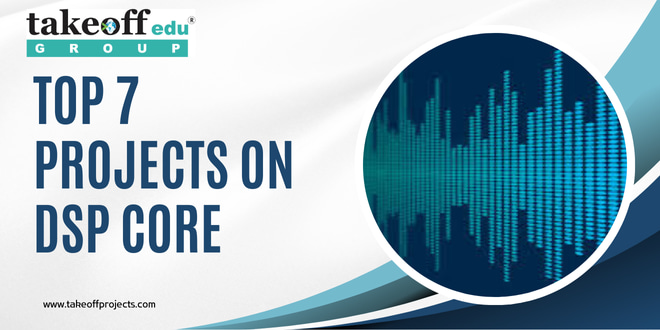
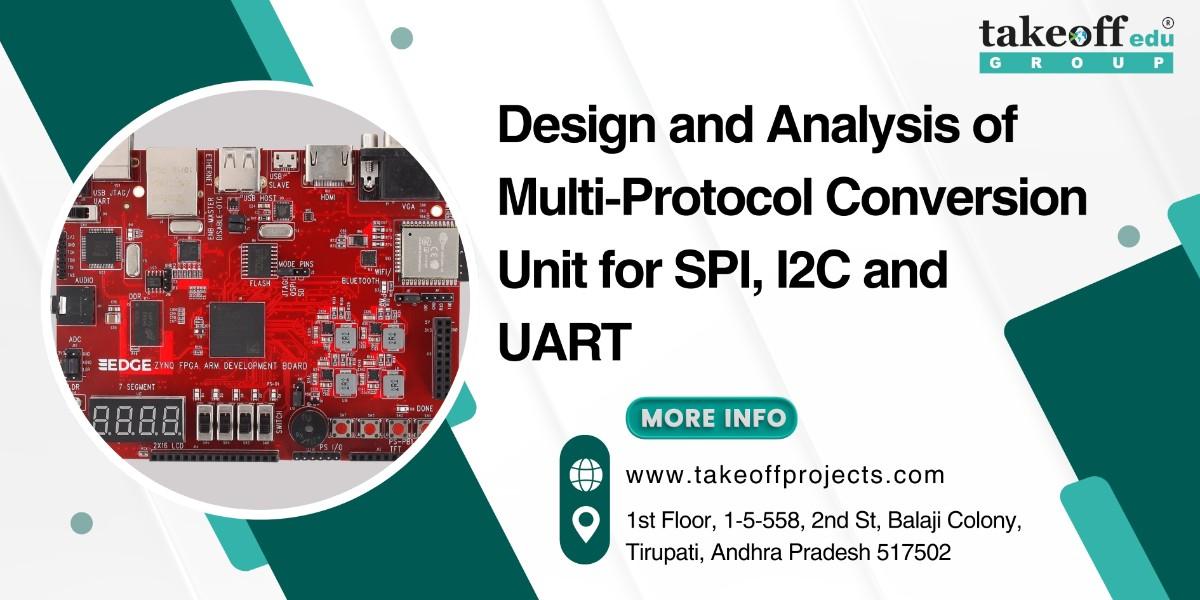 Design and Analysis of Multi-Protocol Conversion Unit for SPI, I2C and UART
Design and Analysis of Multi-Protocol Conversion Unit for SPI, I2C and UART  Design of Polar Codes in 5G New Radio
Design of Polar Codes in 5G New Radio  Design & Study the Performance of CMOS Based Ring Oscillator for 5G Mobile Communication
Design & Study the Performance of CMOS Based Ring Oscillator for 5G Mobile Communication 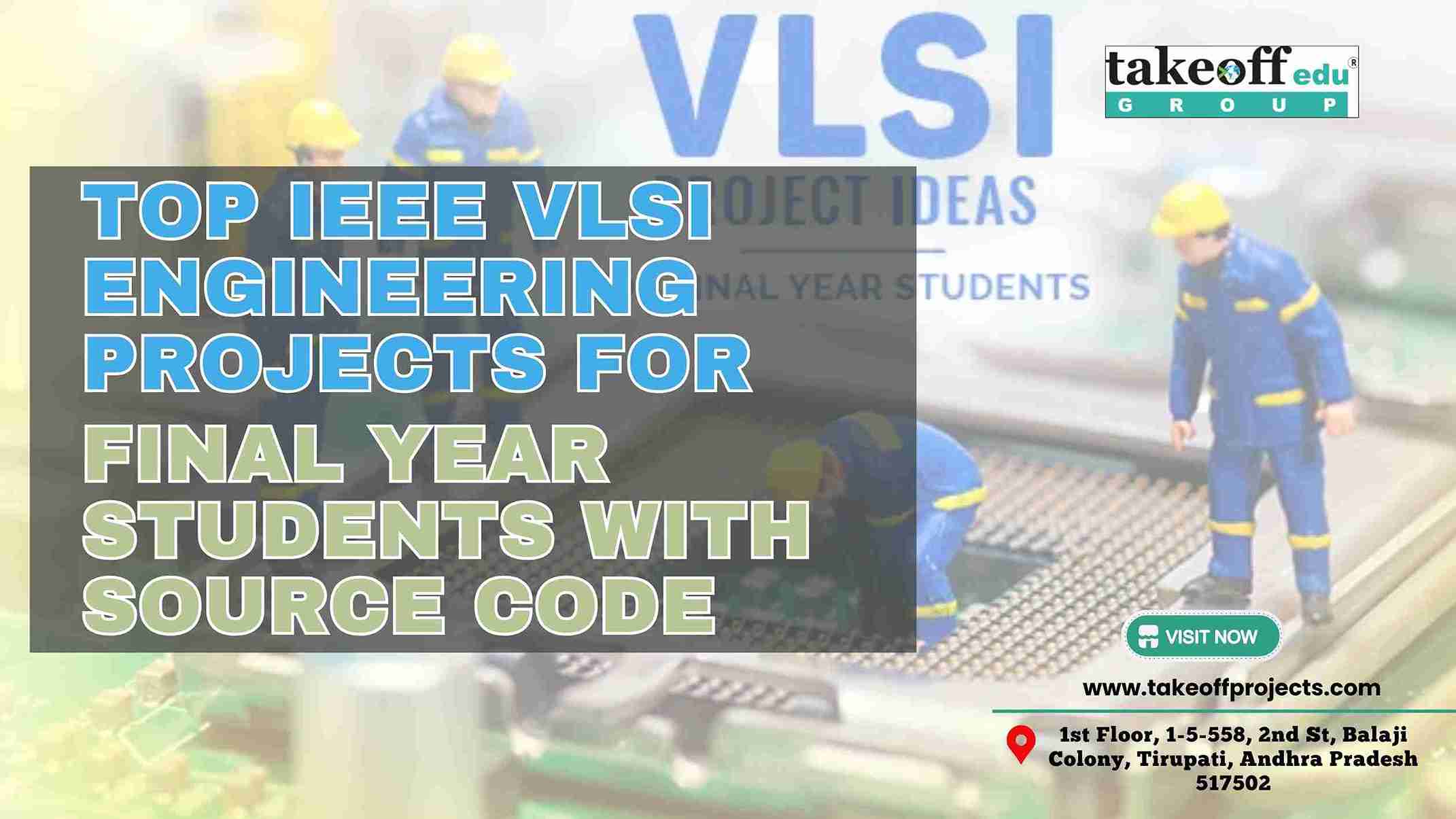 Top IEEE VLSI Engineering Projects For Final Year Students with Source Code
Top IEEE VLSI Engineering Projects For Final Year Students with Source Code 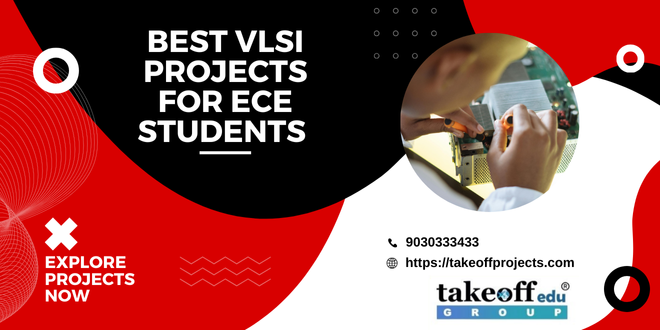 Best VLSI Projects for ECE Students
Best VLSI Projects for ECE Students 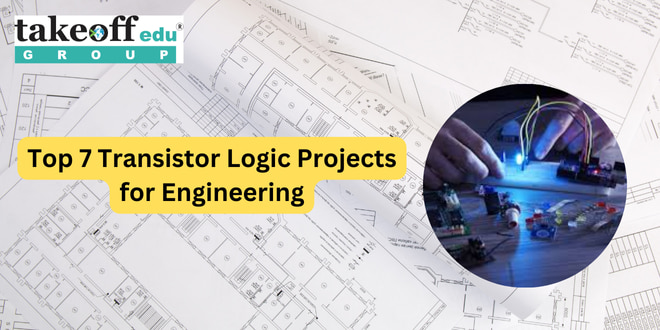 Top 7 Transistor Logic Projects for Engineering
Top 7 Transistor Logic Projects for Engineering 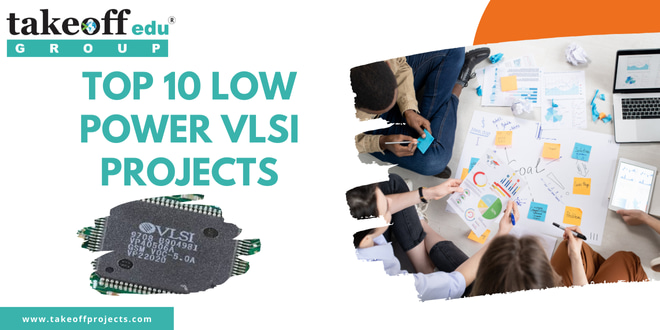 Top 10 Low Power VLSI Projects
Top 10 Low Power VLSI Projects  Top 5 Nano Technology Projects using VLSI
Top 5 Nano Technology Projects using VLSI 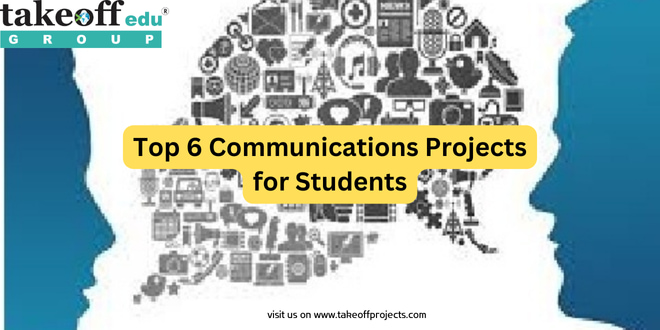 Top 6 Communications Projects for Students
Top 6 Communications Projects for Students  Top 5 Projects on Arithmetic Core
Top 5 Projects on Arithmetic Core 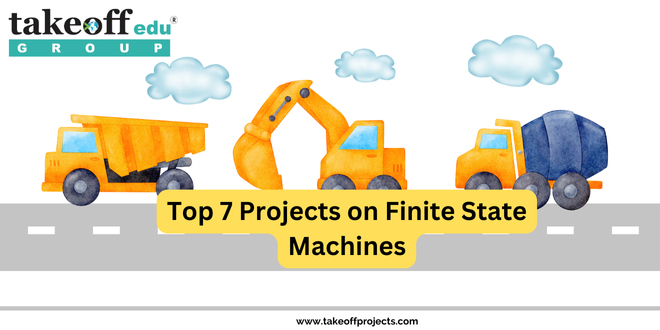 Top 7 Projects on Finite State Machines
Top 7 Projects on Finite State Machines 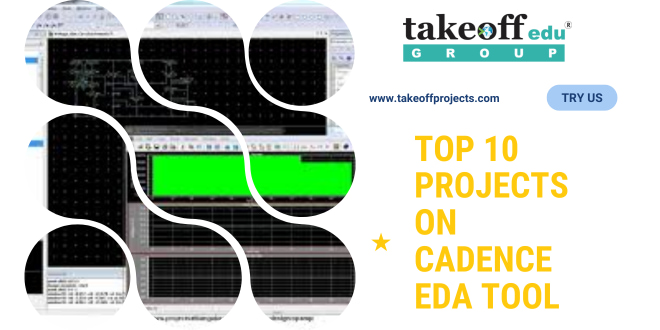 Top 10 Projects on Cadence EDA Tool
Top 10 Projects on Cadence EDA Tool 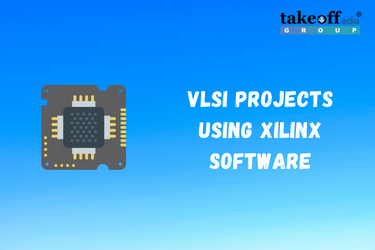 FPGA Final Year Projects for Electronics Students
FPGA Final Year Projects for Electronics Students  Verilog Projects for ECE
Verilog Projects for ECE 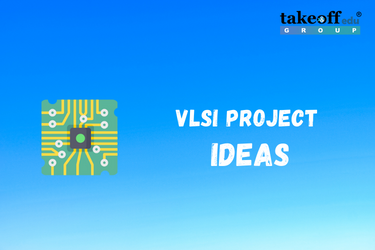 VLSI Project Ideas for Engineering
VLSI Project Ideas for Engineering 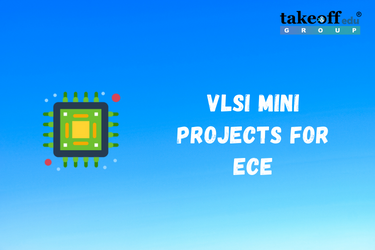 VLSI Mini Projects for ECE Department Students
VLSI Mini Projects for ECE Department Students 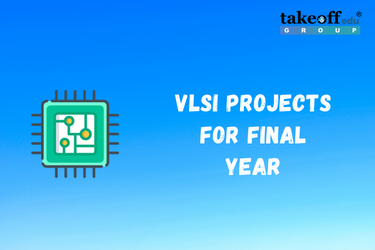 VLSI Projects for Final Year
VLSI Projects for Final Year 
 Paper Publishing
Paper Publishing


